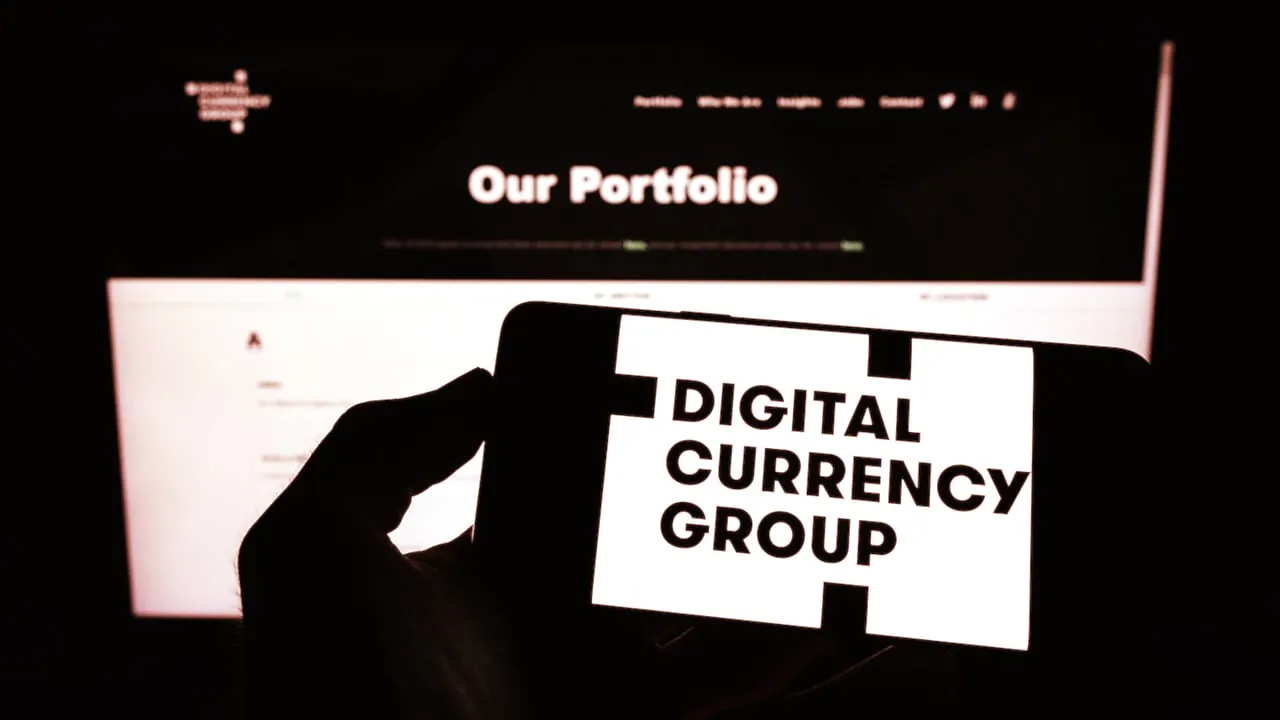Amid concerns over the health and future of Digital Currency Group (DCG) following the collapse of crypto exchange FTX, company CEO Barry Silbert told shareholders of the crypto conglomerate that while it owes its own Genesis Trading arm $575 million, the firm aims to emerge "stronger" from the crypto winter.
Silbert said in the letter to investors, according to The Wall Street Journal, that the $575 million worth of intercompany loans are due in May 2023, and that DCG took out the loans like any other crypto firm would, "structured on an arm's length basis and priced at prevailing market interest rates."
Loan funds were used towards investments and also to repurchase DCG stock from non-employees, Silbert wrote. DCG also owes Genesis $1.1 billion on a promissory note due in June 2032 related to the default of Three Arrows Capital.
On November 16, Genesis suspended client withdrawals citing the impact of FTX's unraveling and bankruptcy filing. The company sought a $1 billion bailout prior to halting withdrawals, according to a previous Wall Street Journal report, and warned just days ago of a possible bankruptcy.
“Genesis leadership and their board decided to hire financial and legal advisors, and the firm is exploring all possible options amidst the fallout from the implosion of FTX,” Silbert reaffirmed in his letter.
FTX, once one of the top cryptocurrency exchanges in the world, imploded earlier this month amid allegations that its founder, Sam Bankman-Fried, mismanaged client funds, funneling billions to sister company Alameda Research. Alameda, a trading firm founded by Bankman-Fried in 2019 before officially stepping away from day-to-day management in 2021, apparently used the funds to place risky crypto bets.
After a report emerged that revealed that Alameda did not have enough liquid assets to cover its liabilities, the ensuing bank run on FTX resulted in a liquidity crisis for the exchange. FTX was forced to admit it did not hold one-to-one-reserves of customer assets and ultimately filed for bankruptcy on November 11.
FTX’s collapse and the resulting contagion affecting companies like Genesis and BlockFi has fueled concerns over other industry heavyweights, including DCG. The firm laid off about 10 employees at the start of November, according to reports.
Silbert said that DCG is on track for $800 million in revenue in 2022, a dip of about 20% from last year, and told shareholders that “we will let you know if we decide to do a financing round.”
“Let me be crystal clear: DCG will continue to be a leading builder of the industry and we are committed to our long-term mission of accelerating the development of a better financial system,” he wrote. “We have weathered previous crypto winters, and while this one may feel more severe, collectively we will come out of it stronger.”
Editor's note: This article was updated after publication to include additional details of DCG CEO Barry Silbert's letter to shareholders.

